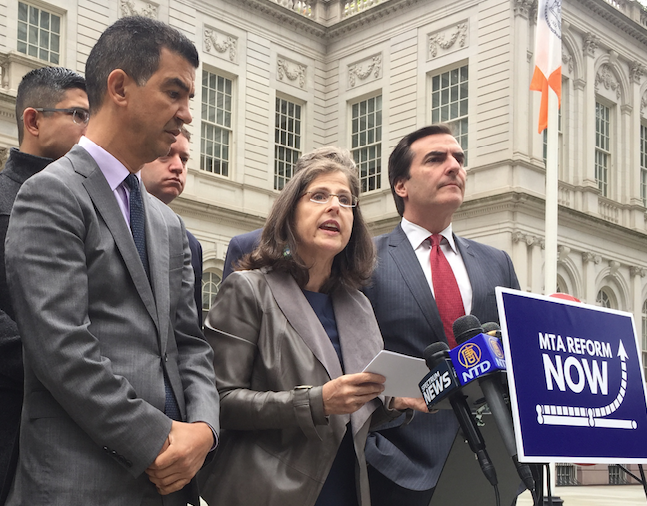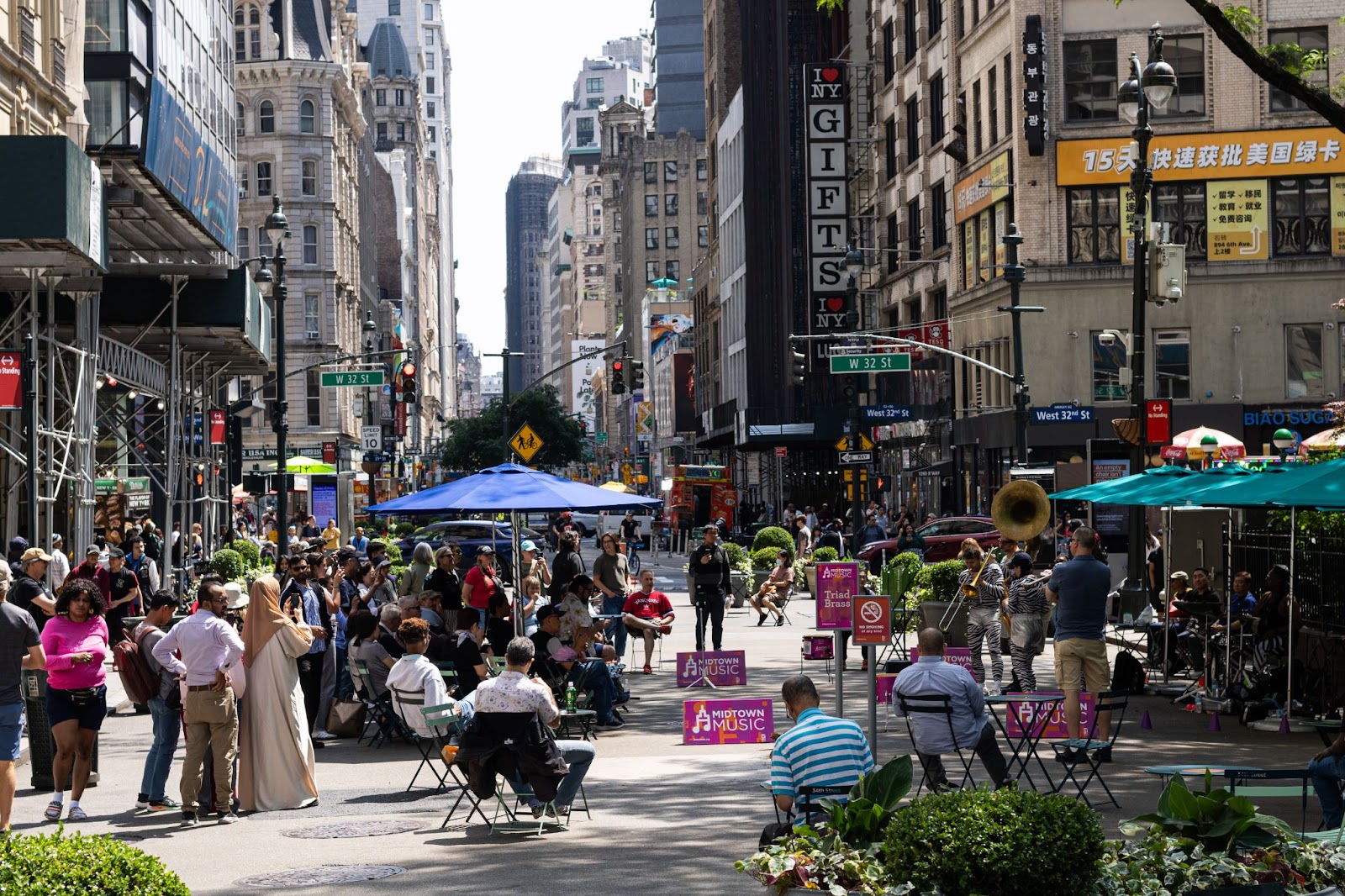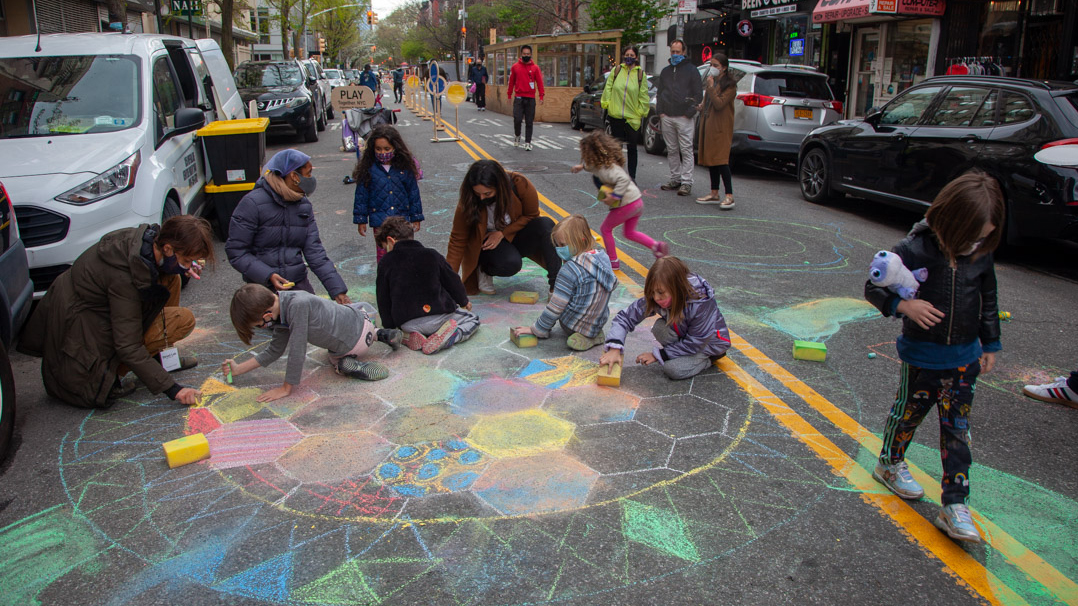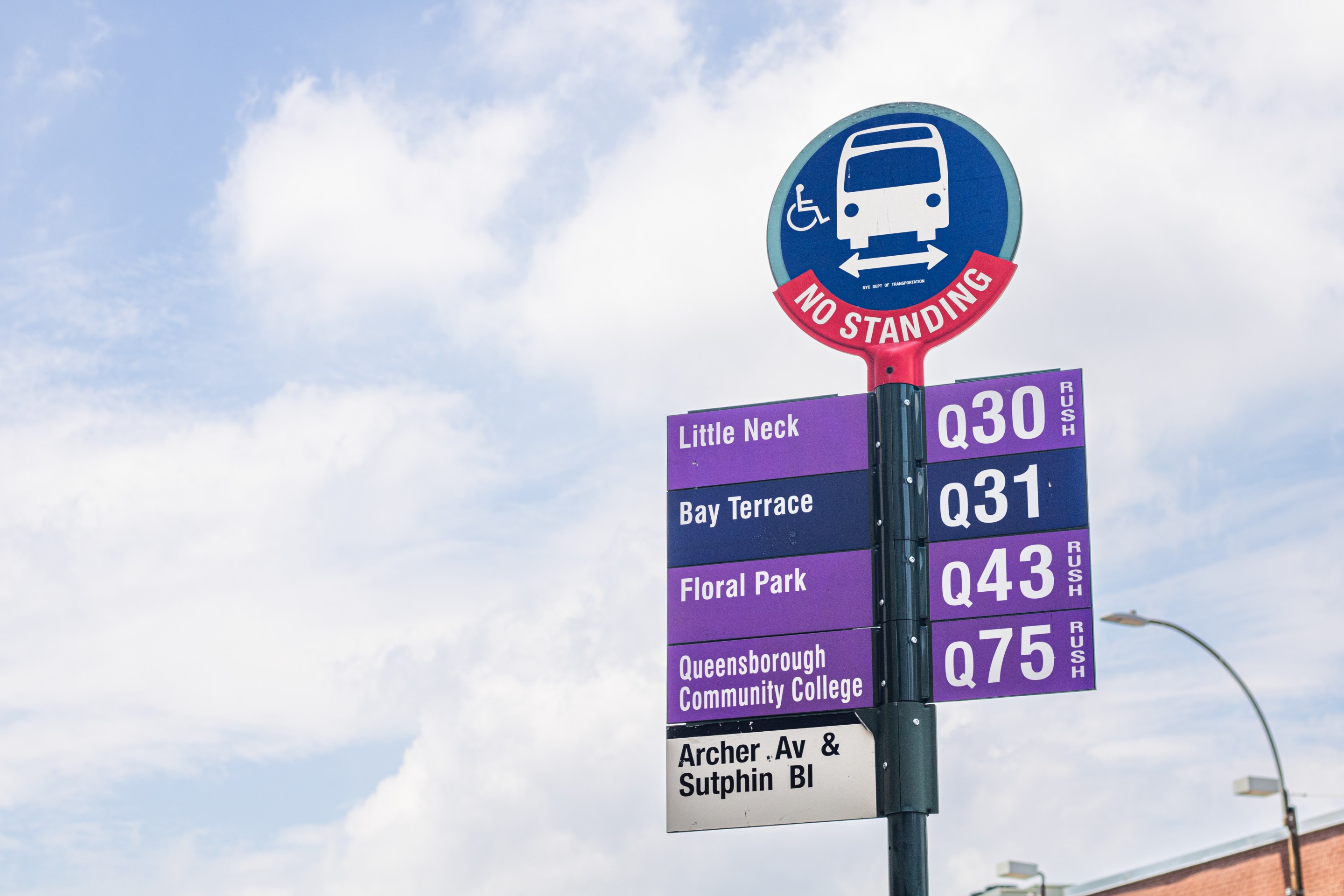City Council members are speaking up about the runaway price tag of subway infrastructure in New York City, pressing the MTA to rein in capital construction costs that outstrip those of peer cities across the globe.
Speaking outside City Hall this morning, council members Helen Rosenthal and Ydanis Rodriguez called for an independent commission to identify the causes of high MTA costs and propose solutions.
"The MTA has the highest construction costs compared to any other city on the planet," Rosenthal said. "The fact is we can't wait any longer for cost reform at the MTA."
The exorbitant amount the MTA pays to build new tunnels and maintain and upgrade existing subway infrastructure constrains its ability to improve the system and add capacity. Any given amount spent on subway improvements here would probably go at least twice as far in London, Paris, or Tokyo. At a time when the city is growing but transit service is getting worse, the consequences of New York's capital cost problem are especially acute.
But at a City Council hearing this summer, MTA Managing Director Ronnie Hakim claimed the agency can't do much about outrageous construction costs, because New York is exceptional.
“In other parts of the globe, when subway systems are being built and/or expanded, they do not remotely come close to the challenges that we face here in New York City,” Hakim said. She cited the "maze" of underground utilities, "fairly sophisticated" environmental regulations and safeguards, and the fact that New York is “an expensive part of the world in which to construct."
Those excuses fall flat, TransitCenter Executive Director David Bragdon noted during today's press conference. Cities like London, Paris, and Zurich -- which have older infrastructure, higher material costs, and more stringent environmental and labor regulations -- have managed to modernize and improve their subway systems while keeping costs significantly lower than the MTA.
The event this morning came on the heels of yet another morning of subway delays and service failures. The rising prevalence of such severe delays led MTA Chair Joe Lhota to promise an "action plan" to address needed reforms at the agency. That was back in July. A month later, Rodriguez and Rosenthal sent Lhota a letter demanding an investigations into sky-high MTA construction costs [PDF].
Now the summer is over but there's still no sign that Lhota and Governor Cuomo are trying to reform the MTA's capital construction dysfunction, root out bad practices, and set the agency on a trajectory to deliver reliable, high-capacity subway service.
"When Governor Cuomo installed Chair Lhota last June, they pledged there would be a top-to-bottom review of everything that the MTA does, and that everything would be on the table in terms of examination. That has not happened," Bragdon said. "Instead of getting action on this, we've gotten excuses, and they're excuses that don't hold up."






